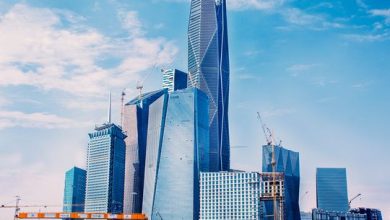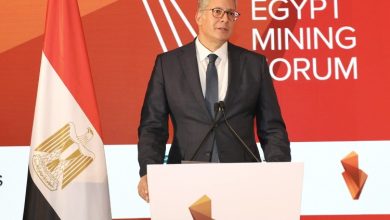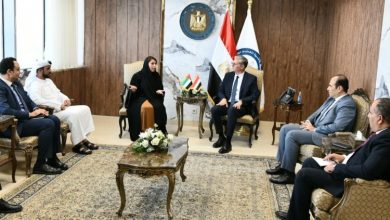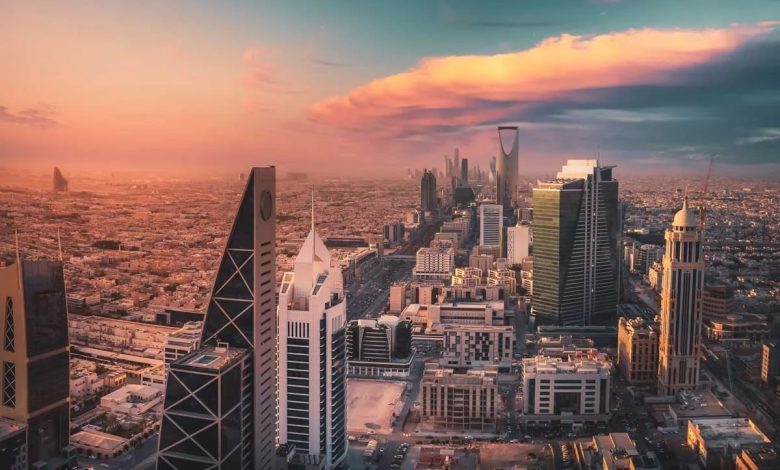
- Saudi Arabia is increasingly welcoming firms from across the GCC as it looks to hit hugely ambitious economic growth targets
Businesses across the Gulf are looking to Saudi Arabia as the Kingdom targets foreign investment opportunities amid massive economic growth targets.
Companies in GCC countries are expanding in Saudi Arabia to tap the massive opportunities being created by $3tn worth of foreign investment entering the Kingdom as part of the Saudi Vision 2030.
Firms are either setting up a totally new business licence or opening up a branch, as the country undergoes massive development works.
Saudi business licences
As many as 88,858 new business licenses were issued by Saudi Government authorities in the first quarter of 2023, according to Small and Medium Enterprises General Authority, also known as Monsha’at.
More than 40,000 new companies were added to this in the third quarter. With this, the total number of small and medium enterprises (SMEs) exceeded 1.27m in the third quarter of 2023.
The national government seeks to attract $3tn in foreign investment to promote economic development, transfer foreign expertise and technology to Saudi Arabia, create jobs for Saudi nationals, and increase Saudi Arabia’s non-oil exports, according to a report by the US Department of State.
Earlier, the Saudi Government also announced the new Shareek programme, an initiative designed to generate $3.2tn of domestic investment, by the government, the Public Investment Fund, and the private sector, into Saudi Arabia’s economic development.
In October 2021, Saudi Arabia announced its National Investment Strategy, which will help it deliver on its Vision 2030 goals.
The National Investment Strategy outlines investment plans for sectors including manufacturing, renewable energy, transport and logistics, tourism, digital infrastructure, and health care, it says.
The report said: “The strategy aims to grow the Saudi economy by raising private sector contribution to 65 per cent of total GDP and increasing foreign direct investment to 5.7 per cent of total GDP.
“The National Investment Strategy aims to raise net foreign direct investment flows to $103bn annually and increase domestic investment to about $450bn annually by 2030.
“Investment opportunities in Saudi Arabia’s mining sector continue to expand. In June 2020, the Saudi Arabian Government approved a new law allowing foreign companies to enter the mining sector and invest in the Kingdom’s untapped domestic mineral wealth, projected at US$1.3tn.”
With the development of infrastructure, housing, investment in energy, power, utility and industries, Saudi Arabia will need hundreds of thousands of new professionals and workers to manage this transformation.
That is why owners of businesses in the GCC countries are now setting up companies in the Kingdom to tap the opportunities.
Aziz Ali, Chief Executive Officer of Evergreen Businessmen Services, said: “Business licensing is still a complex process in Saudi Arabia and the cost of a business license ranges from SR55,000 ($14,666) to SR130,000 ($34,666) – depending on the types of business, including government fees and the partnership fees paid to the local partner, wherever applicable.
“The government fee for the Ministry of Investment Saudi Arabia (MISA) business license ranges from SR2,000 ($533) to SR62,000 ($16,500).
“One needs careful guidance on the local laws and regulation in order to obtain the right kind of license without much hassle.
“However, lack of guidance, help and support could land a foreign investor in delays and additional cost burden.
“While Saudi Arabia offers 100 per cent foreign ownership in local businesses in almost all categories of business, most people still prefer taking a local partner in licensing which is cheaper and costs mere half the amount of a 100 per cent foreign ownership license.
“Besides, the presence of a local partner in the license helps in certain benefits such as local tax exemption and other benefits.”
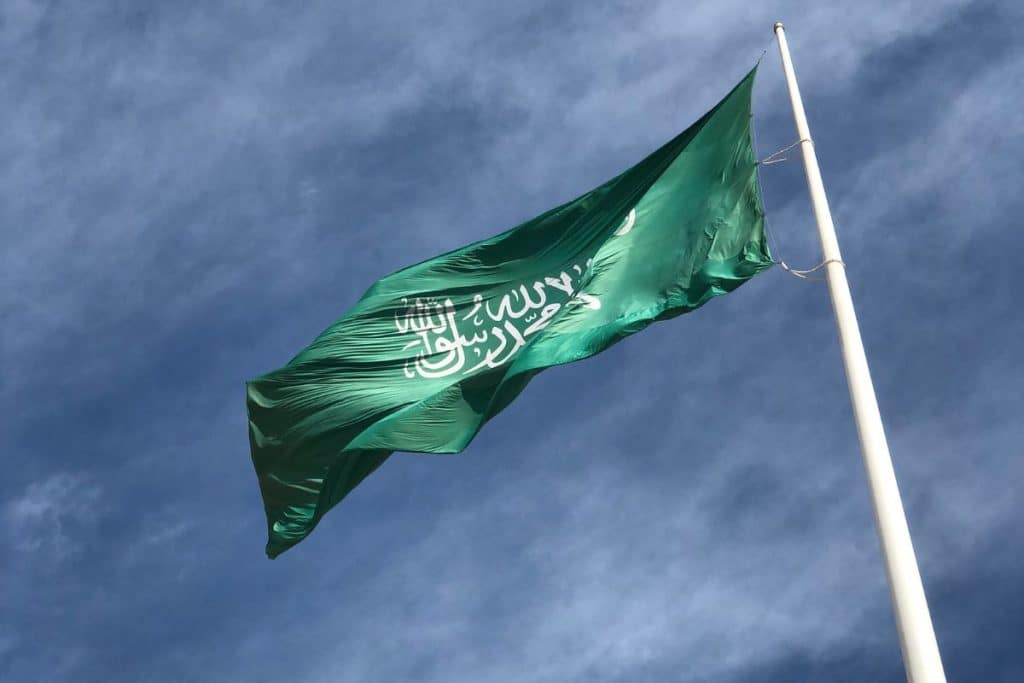
The government fees for a trade licence with a local partner range from SR2,000 ($533) to SR15,000 ($4,000).
One could find a local partner for SR10,000 ($2,667). The presence of a local partner helps businesses in taxation and other benefits.
The local partners remain active in the company, unlike in the UAE, where the foreigners obtain the full Power of Attorney from the local “sleeping” partner to run the business including maintaining the company bank account that gives the foreigner full control over financial matters of the business.
In Saudi Arabia, the local partner remains an active partner and he has full access to bank account and transaction.
Aziz Ali said: “A local partner could be a blessing or a serious problem, depending on the person involved.
“If the local partner is good, then the investor doesn’t have to worry much.
“We have a pool of some good Saudi Arabian nationals who protect the interests of the business owners.
“We help the investors with a selection of good Saudi Nationals that help the foreign investors.”
Saudi Arabia is the largest country in the Gulf region with a population of 32.2m, and the largest economy in the Arab World with a GDP of $1.1tn.
According to the International Monetary Fund (IMF), Saudi Arabia was the fastest growing G20 economy in 2022 with overall growth of 8.7 per cent, driven by strong oil sector performance.
However, robust private consumption and non-oil private investment, including in giga projects, spurred strong 4.8 per cent growth in the non-oil economy.
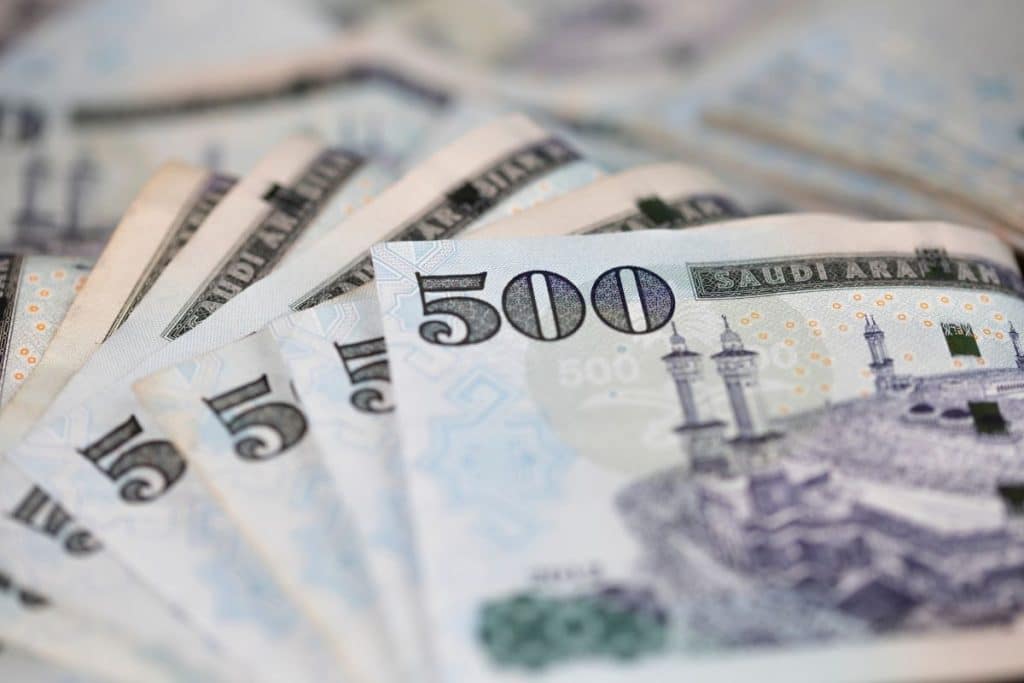
KSA has foreign reserves of approximately $402bn.
The Saudi Arabian Government seeks to increase the sector’s contribution to GDP by $64bn, reduce imports by $9.8bn, and create 200,000 direct and indirect jobs by 2030.
The Kingdom is launching an $800bn project to double the size of Riyadh city in the next decade and transform it into an economic, social, and cultural hub for the region.
The project includes 18 “mega-projects” in the capital city to improve liveability, strengthen economic growth, and more than double the population to 15-20m by 2030.
The Government is seeking private sector financing of $250bn for these projects with similar contributions from income generated by its financial, tourism, and entertainment sectors.


